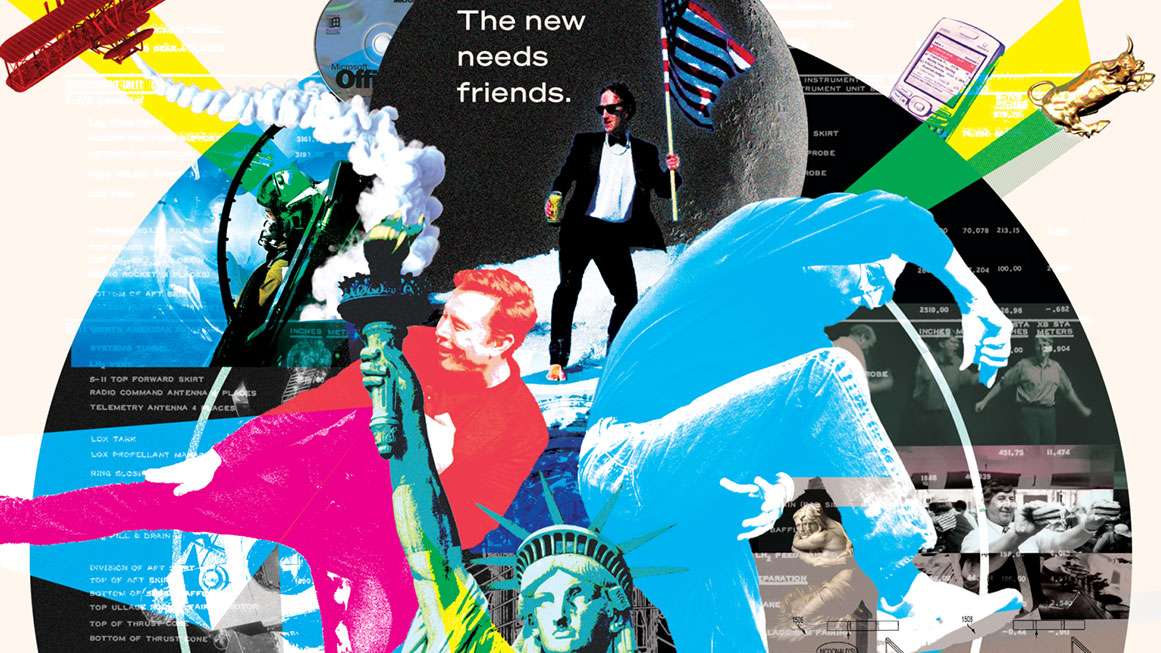Arena Magazine: An Examination of its Embrace of Capitalism and Futurism
Arena magazine, a new Texas-based publication, bursts onto the scene with a refreshing dose of optimism and a bold challenge to the prevailing negativity surrounding innovation and the future. The inaugural issue, released in the summer of 2024, sets forth a clear mission: to combat the fear and resistance to new ideas that permeate much of contemporary media. Editor Maxwell Meyer’s manifesto denounces the tendency to misinterpret and demonize innovation, arguing that mainstream outlets are actively sabotaging progress by fueling public apprehension. This core message resonates throughout the magazine, which champions a pro-innovation, pro-market perspective often absent in both mainstream and alternative publications. Arena chooses to celebrate the present and embrace the possibilities of the future, rejecting the pervasive doomerism that characterizes much of the current discourse.
Central to Arena‘s philosophy is a belief in the transformative power of technology and a rejection of the fatalistic view that progress is inherently destructive. The magazine’s inaugural issue features a variety of articles that exemplify this perspective. Instead of lamenting the supposed failures of past innovations, Arena seeks to re-evaluate them, exploring how regulatory hurdles or other external factors may have contributed to their perceived lack of success. A prime example is the article on supersonic flight, which reframes the narrative surrounding this technology, arguing that its potential remains unrealized due to excessive regulation rather than inherent flaws. This approach reflects a broader commitment to examining the societal and political forces that shape technological development, rather than simply accepting the prevailing narratives of failure or decline.
Furthermore, Arena tackles contemporary issues through a lens of informed optimism. The magazine addresses concerns about issues like social media addiction and the potential risks of artificial intelligence, but it does so without resorting to the alarmist rhetoric that often dominates these conversations. While acknowledging the potential downsides of new technologies, Arena emphasizes the importance of fostering innovation and avoiding premature regulation that could stifle progress. This balanced approach allows for a nuanced discussion of the challenges and opportunities presented by technological advancements, without succumbing to either blind faith or irrational fear. The magazine aims to promote a more constructive dialogue around these critical issues, one that acknowledges risks while also recognizing the potential for transformative positive change.
The magazine showcases diverse voices and perspectives on these complex topics, featuring articles by writers like Judge Glock and Brian Chau. Glock’s critique of the Federal Trade Commission’s "data minimization" crusade exemplifies Arena‘s skepticism toward government overreach in the tech sector. Chau’s essay on AI challenges the popular notion of "monopoly fatalism," arguing that such pessimism can become a self-fulfilling prophecy. These contributions highlight Arena‘s commitment to fostering intellectual debate and challenging conventional wisdom. By providing a platform for diverse viewpoints, the magazine encourages readers to engage critically with the complex issues surrounding technology and innovation.
While Arena‘s inaugural issue undeniably offers a refreshing perspective on the future of technology and capitalism, it’s not without its shortcomings. The inclusion of a rather conventional critique of social media addiction, framing it as a public health problem, feels somewhat out of place amidst the magazine’s otherwise forward-looking and optimistic tone. This piece, while perhaps well-intentioned, lacks the nuance and depth that characterize the magazine’s stronger articles. It represents a missed opportunity to explore the complexities of our relationship with technology in a more insightful and less predictable way.
Despite this minor misstep, Arena‘s first issue makes a compelling case for its existence. The magazine’s commitment to challenging the prevailing doomerism and promoting a pro-innovation perspective is both refreshing and much-needed in the current media landscape. While it’s too early to definitively assess the magazine’s long-term potential, the inaugural issue suggests a promising future. Arena offers a thought-provoking and optimistic vision of the future, one that embraces the transformative power of technology while acknowledging the need for thoughtful engagement with its potential challenges. The magazine’s willingness to challenge conventional wisdom and promote a more nuanced conversation about innovation distinguishes it from the often-pessimistic narratives that dominate public discourse. Its initial foray into the media landscape warrants further attention and suggests a potential to become a valuable resource for those seeking a more balanced and hopeful perspective on the future.
Share this content:












Post Comment